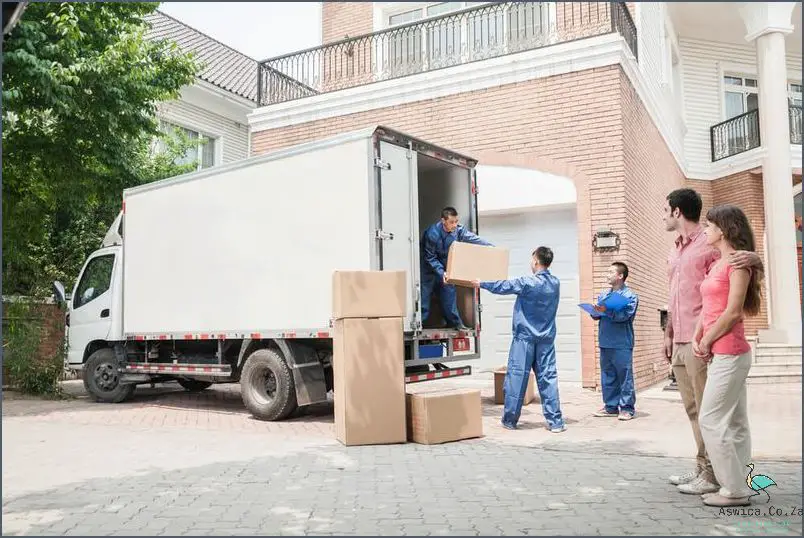
Tipping in South Africa is an important part of the culture and is often expected, especially in restaurants and bars. Knowing how much to tip in South Africa can be a bit tricky, so it’s important to know the general guidelines for tipping in the country. Generally, tipping in South Africa is expected to be around 10%-15% of the total bill, although this may vary depending on the type of establishment. For example, in a formal restaurant, it is customary to tip up to 15%, while in a more casual restaurant, a 10% tip is acceptable. For drinks at a bar, a tip of R2-R5 per drink is expected. Finally, for taxi drivers, a 10% tip is the norm.
Overall, tipping in South Africa is an important part of the culture and is expected in many establishments. Knowing the general guidelines for tipping in South Africa will help ensure that you show the proper respect and appreciation for the services you receive.
Contents
How Much To Tip In South Africa
When dining out in South Africa, it is customary to leave a small tip for service staff, generally between 10-15% of the total bill. This is a polite gesture to thank the waitstaff for their attentive service, and is accepted in most restaurants, although it is not compulsory. Most restaurants will already include a 10% service charge on the bill, in which case no additional tip is necessary. It is not expected to tip for take-away orders. Tipping is also not expected in fast food restaurants, cafés, and pubs. In more upscale establishments, it is polite to leave a larger tip, up to 20%, depending on the quality of service. When in doubt, it is always better to err on the side of generosity.
What is an acceptable rate for tipping
Tipping is an age-old tradition that is still prevalent in South Africa today. But how much should you tip for services received? It can be tricky to know the correct amount, as the accepted rate for tipping varies all over the world. In South Africa, the average rate for tipping ranges from 10-15% of the total bill, depending on the quality of the service provided.
Typically, the accepted rate for tipping is higher in more affluent areas and lower in less affluent areas. For example, if you’re dining at a high-end restaurant in a wealthy area, you’ll likely be expected to tip at least 15%. On the other hand, if you’re dining at a more casual eatery in a less affluent area, 10% might be the accepted rate.

No matter where you are, it’s important to remember that tipping should be based on the quality of the service. If you received excellent service, you may want to tip a higher percentage than the accepted rate. Likewise, if you received less than satisfactory service, you can choose to tip a lower percentage or even leave no tip at all.
It’s also important to note that in South Africa, tipping is not mandatory. If you choose not to tip, you may not be looked upon kindly by the staff, but you won’t be breaking any laws.
In conclusion, the accepted rate for tipping in South Africa is generally 10-15%, but you can choose to tip higher or lower depending on the quality of the service. Tipping is not mandatory, but it is an important way to show appreciation for good service.
Who should be tipped
When it comes to tipping in South Africa, there are a few important things to consider. While tipping is not mandatory, it is customary to show appreciation for good service. It is important to remember, however, that the amount of the tip is ultimately up to the discretion of the customer.
In general, tipping is expected for services such as waitstaff, hotel staff, and bartenders. For waitstaff, the customary tip is 10% of the total bill. For hotel staff, such as housekeeping, the tip should generally be at least R20 per day. Finally, for a bartender, a tip of R2-R5 per drink is recommended.
It is also important to consider the context of the service you received. Were you visiting a restaurant? Did you receive friendly, attentive service? How about a hotel? Was the staff accommodating? Did they go above and beyond to make your stay more comfortable? If so, you may want to increase your tip accordingly.
Furthermore, tipping is not just limited to waitstaff and hotel staff. Taxi drivers, hairdressers, and tour guides are also often tipped. For taxi drivers, the customary tip is 10% of the total fare. For a hairdresser, the tip should generally be around 10-15% of the total cost of the service. Finally, for tour guides, a tip of R20-R50 per person is recommended.

In conclusion, it is important to consider the context of the service you received and to tip accordingly. Tipping is a great way to show appreciation for good service, so keep these suggestions in mind the next time you are in South Africa.
How to tip
When it comes to tipping in South Africa, there is no hard and fast rule as to how much you should be tipping. It all depends on your personal preference and the type of service rendered. Generally, a tip of 10-15% of the total bill is considered standard and appropriate.
Tipping in South Africa can be a tricky affair, as there are certain cultural nuances to consider. In some cases, depending on the situation, you might offer a seemingly small tip that is still generous in the eyes of the service provider. For instance, if you’re tipping a waiter in a restaurant, a few Rands can be enough to show your appreciation.
In other cases, however, a larger tip might be more appropriate. For instance, when tipping a tour guide, you may want to consider the amount of time and effort they took to show you around, and tip accordingly.
When tipping in South Africa, it’s important to remember that a tip is an expression of gratitude and appreciation. It should not be seen as an obligation or a means to get better service, as that is not how tipping works in South Africa.
Overall, tipping in South Africa can be a great way to show your appreciation for the services rendered. It’s important to remember to tip according to the level of service received, however, and be sure to consider any cultural nuances when deciding how much to tip.
Conclusion
In South Africa, it is customary to tip 10% of the bill in restaurants. However, this is not required and you may choose to tip more or less depending on the service you received. Tipping is also common in other service industries such as hair salons, taxis, and hotels.



